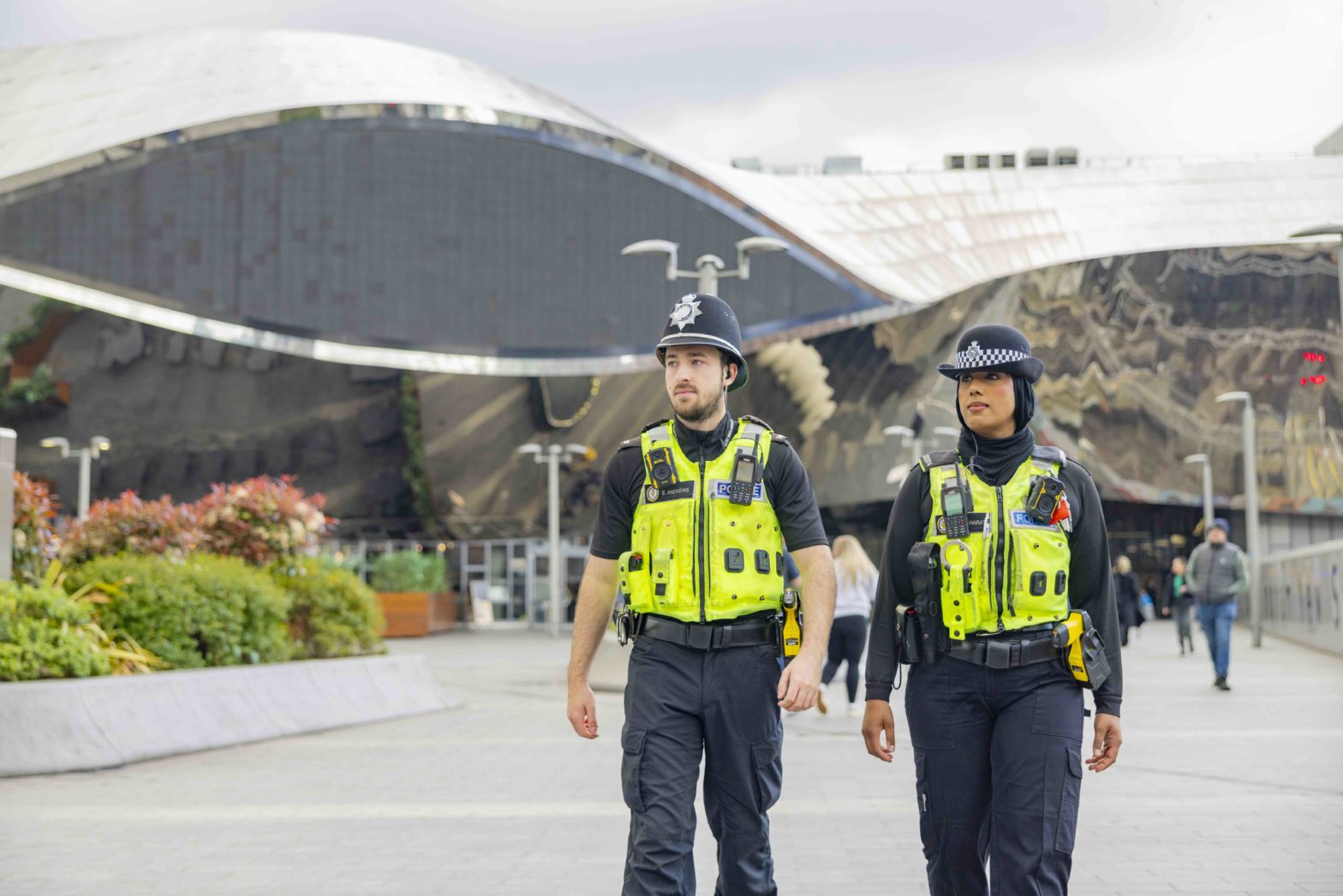
Boston works with students to improve Alexa Skill
11 November 2020
by Sarah Wray
The City of Boston teamed up with General Assembly students to improve its Alexa Skill, which was developed and launched last year with Code for Boston. The voice application now includes COVID-19 updates, an improved user experience and more.
The Skill allows anyone with an Amazon Alexa stand-alone home device or the Alexa app to receive daily alerts from the city, find food truck locations, and learn about the latest BOS:311 requests. Users can also find information about city services, such as rubbish pick-up times or parking updates, based on their address.
As the COVID-19 crisis began to unfold and the city was faced with new challenges and goals around sharing information, Boston’s Digital Team decided to revisit the Alexa Skill to see how it could be improved and used during the pandemic.
They worked with a cohort of students from the General Assembly User Experience Design Immersive (UXDI) programme. The team has been a partner client with the programme for around two years.

Jeanethe Falvey, Chief Digital Officer, City of Boston, told Cities Today: “As we don’t have a User Experience Researcher or UX Designer on staff, it’s been a mutually beneficial relationship for their students to have access to real-world opportunities for improvement and for us to have a rotating set of fresh eyes on our digital service experiences.
“The team did a terrific job and were never fazed by the challenges of working with an audio-based experience as opposed to a visual one.”
Improvements
Using remote interviews, surveys and analytics to understand more about how people are using the Skill and what they need from it, the students found, for instance, that Coronavirus information pages had quickly become among the most visited, alongside trash and recycling schedules and the food trucks schedule which are already represented in the Skill.
The team also received expert advice from Dr Robert Moore, a Lead Conversation Analyst and Researcher at IBM. Dr Moore works on IBM’s Watson-based voice assistant and provided insights into best practices, new innovations and challenges with voice assistant technology.
The students pinpointed some key areas for improvement, including allowing users to ask follow-up questions and shortening some of the Alexa responses to make them more digestible. They designed a test to evaluate whether their proposals would improve user experience before they were implemented, with results showing an increase in the system usability scale (SUS) from 70 to 83.5 through several iterations.
Boston’s Alexa Skill has now been updated to reflect many of the new features and improvements highlighted through the process.
For example, users can ask the Boston Info Skill to read the latest COVID-19 information from the city. They can also find the nearest polling place based on their location and the Skill was updated to improve and streamline the user experience.
Future focus
“We are constantly seeking to improve the quality of our digital products and services, and we expect to continue honing the Alexa Skill based on other ideas surfaced in the collaborative project with General Assembly, but that were not ultimately part of the final deliverable,” said Falvey.
This could include expanding public transport alerts and incorporating common features from other municipal Alexa Skills, such as public notices and event calendars.
Falvey said that although not many people use the Alexa Skill yet, as the city hasn’t done a lot of promotion, she hopes that activity around the latest updates will increase awareness.
On other areas the city could explore, she commented: “We always have an eye to the future, but COVID-19 shortened the horizon by which we define our future roadmap. This past year has been largely focused on shoring up our legacy systems and supporting the consolidation of those so our operations are more efficient. It was always a priority; it became much more so this year as our budgets are tightening. There is less bandwidth all around and certainly less bandwidth for experimentation. To that end, though, the fewer older systems we need to maintain, the more we can focus on improving resident services through new applications.”
Falvey added: “Providing the best experience that we possibly can for residents will continue to be the Digital Team’s number one priority. We have to walk well before we can run. Where we have opportunities – especially through the extension of our team’s thought processes and work through partnerships like these – we can continue to dabble in future-focused ideas while we continue to help the city’s current operations become more effective, efficient and sustainable.”
General Assembly offers accelerated courses for in-demand tech skills. The students who worked on the project were Brian Collura, Mike Anagnostakos and Ted Macdonald.
Several other cities have tried new ways to complement existing systems and get information to citizens quickly during the pandemic, including deploying chatbots and WhatsApp services.







